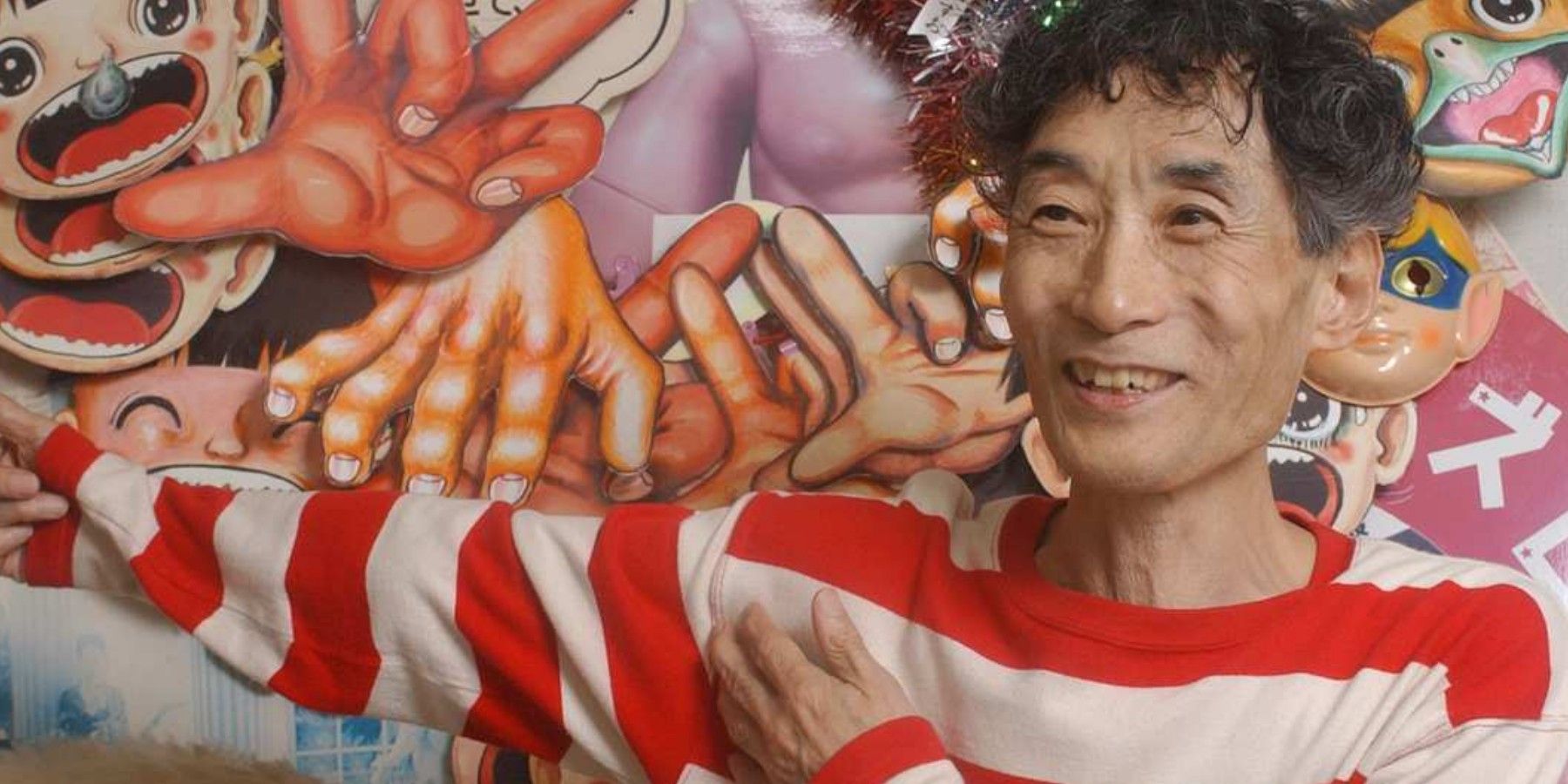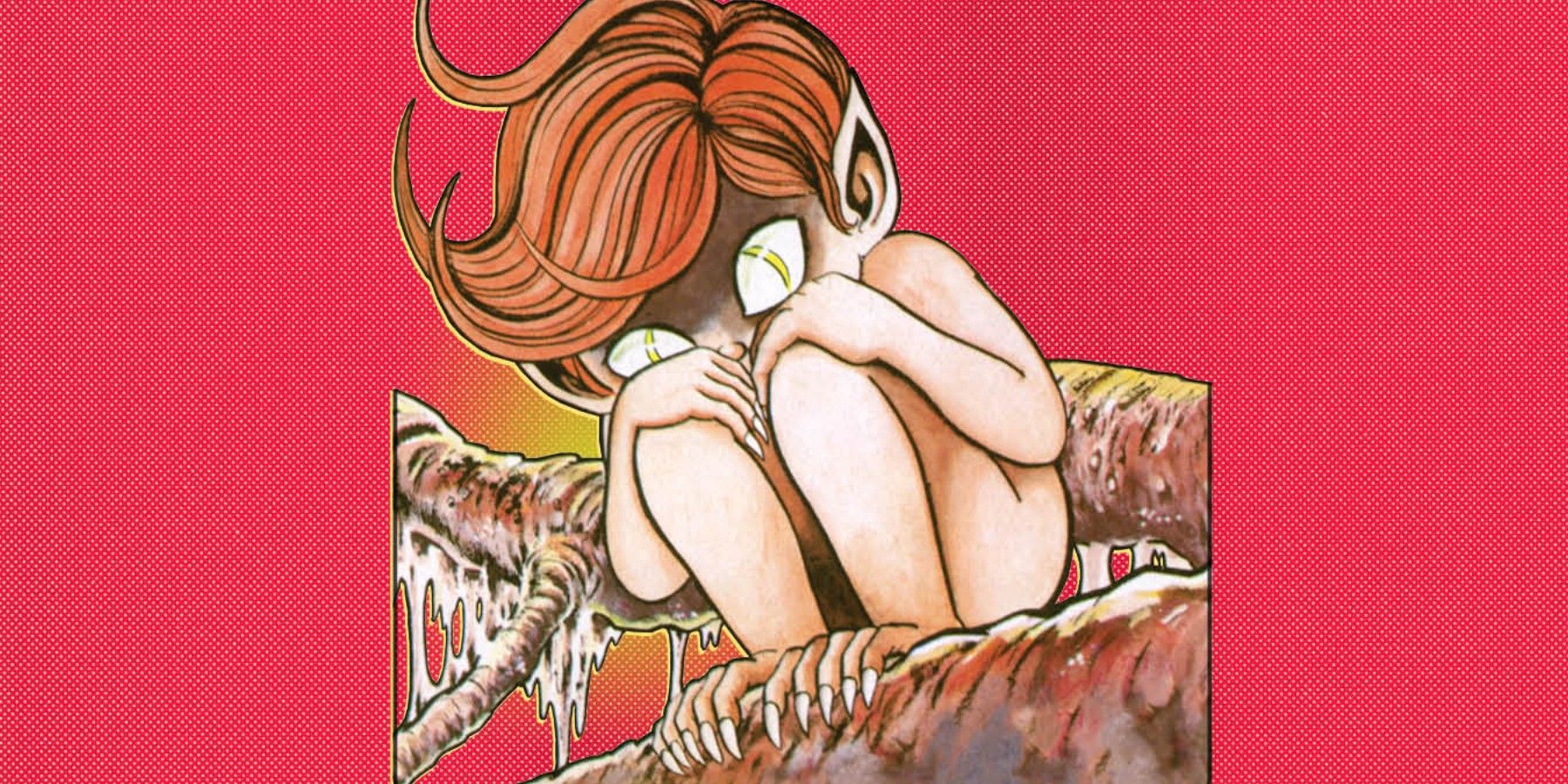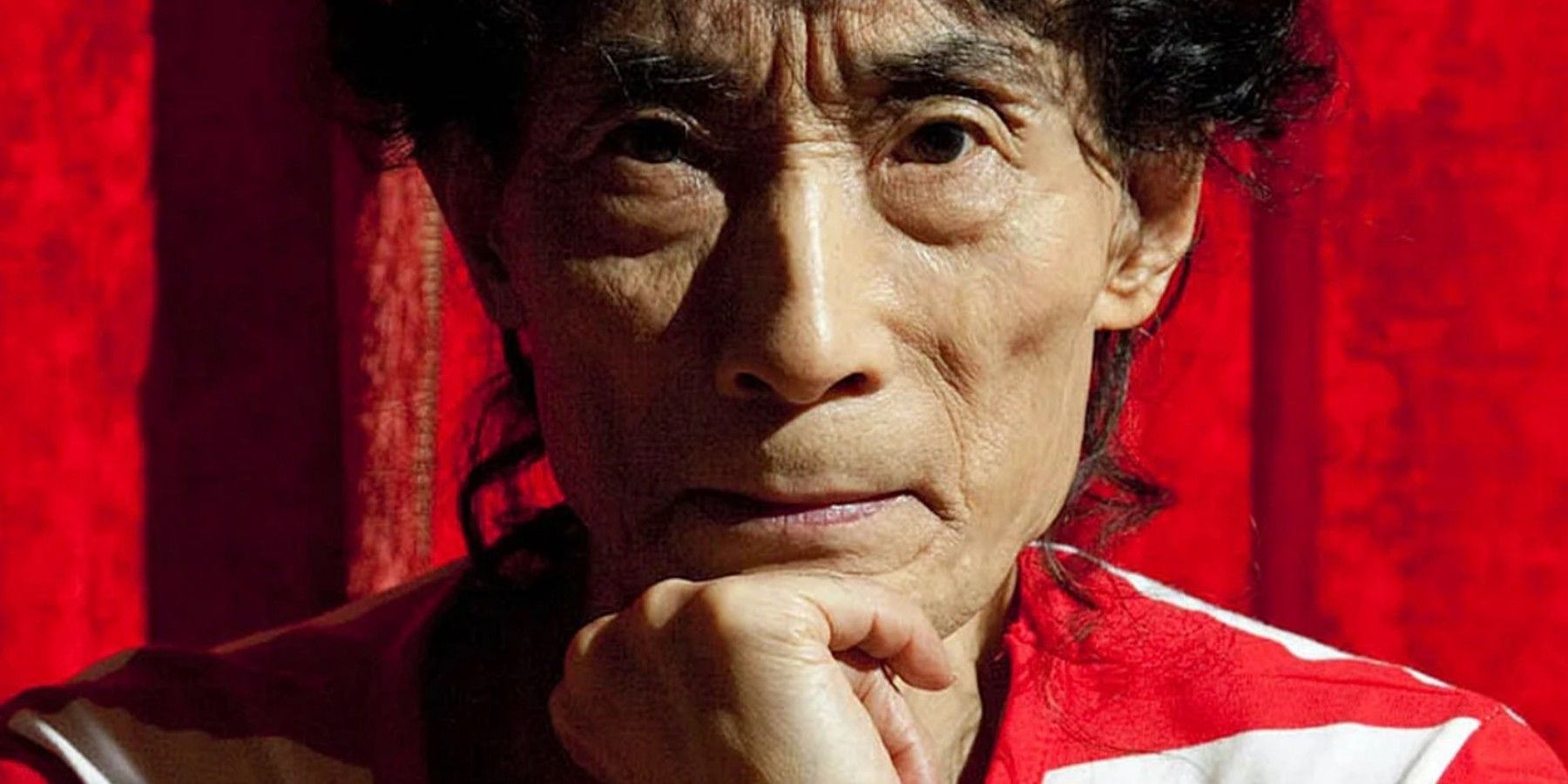
Key Takeaways
- Kazuo Umezu, the “God of Horror Manga,” passed away at 88, leaving behind a six-decade-long career.
- Umezu’s legacy includes pioneering shōjo horror and famous works like The Drifting Classroom (1974).
- Umezu was planning a new work before his passing, aiming to create a story that “will not bow to quantum computers.”
As a long-time admirer of Kazuo Umezu’s work, I can’t help but feel a profound sense of loss and reverence for this extraordinary artist. The God of Horror Manga, as he was affectionately known, has left an indelible mark on the world of anime and manga with his six-decade career that defied genre conventions and captivated audiences across the globe.
The world of anime and manga said goodbye to a legendary figure known as the “God of Horror Comics,” who significantly influenced multiple genres. Kazuo Umezu, often written as “Umezz,” passed away on October 28 at the age of 88, concluding a long life and career that lasted more than six decades.
A private funeral was attended by close friends and relatives, while UMEZZ, his art company, released a statement regarding his demise. “Umezu aimed to share his works globally, for them to be appreciated eternally. He firmly believed in the inherent artistic worth of his creations. May that dream live on forever in everyone’s heart.
About Kazuo Umezz
A Pioneering Manga Artist

Kazuo Umezu, often known as Umezz, was born on September 3, 1936, in Kōya, Wakayama Prefecture, but grew up in Gojō, Nara Prefecture. As a child, his father shared terrifying local folktales with him, while his mother encouraged his artistic leanings. In the fifth grade, Umezz was motivated to create manga after reading Osamu Tezuka’s “Shin Takarajima (New Treasure Island)” and published his first work, titled “The Magic Pot,” in 1955 when he was 18 years old. He primarily published his manga through the book rental industry, being part of the gekiga movement – a style of manga characterized by a more film-like art style and mature themes that gained popularity in the 1960s and 1970s. This change in storytelling approach allowed Umezz greater creative freedom compared to serialization in magazines, and he became known for incorporating supernatural elements into his stories. Simultaneously, Umezz also produced shōjo manga, breaking genre norms with his groundbreaking shōjo horror series “Reptilia” (1965), which combined the aesthetic appeal of shōjo with grotesque horror imagery, a visual style now closely associated with the author.
During the late 60s, Umezz debuted in teen magazines and switched publishers from Kodansha to Shogakukan upon an editor’s suggestion to explore genres beyond horror. He soon became a versatile author with numerous serializations under his belt, often juggling as many as five projects simultaneously. In 1974, he published the chilling horror manga, “The Drifting Classroom“, which later earned him the 20th Shogakukan Manga Award. A year later, Umezz found success with his comic masterpiece, “Makoto-chan”, which introduced the iconic “Gwash!” hand gesture that became synonymous with his growing fame and influence. The 80s saw Umezz delving more into science fiction manga, resulting in titles like “My Name Is Shingo (1982)“, for which he received the Prize for Inheritance at the Angoulême International Comics Festival for its French translation, and “Fourteen (1990)“, a spiritual sequel to “The Drifting Classroom“.
The Passing of Kazuo Umezz
He Was Planning a New Work

In July, renowned manga author Kazuo Umezu was taken to a hospital after suffering a collapse at his residence in Kichijōji, Tokyo. Subsequently diagnosed with stomach cancer, he opted against surgery and instead moved to a hospice in Tokyo in September. At the time of his passing, Umezu was engaged in creating a new work. During a meeting with a writer from The Japan News, Kanta Ishida, Umezu expressed his belief that humans could never be surpassed by machines, stating, “I will write a story that defies quantum computers.” He also shared a portion of the concept for this upcoming piece. Kazuo Umezu’s impactful body of work will continue to resonate, and he will be revered as one of the most influential figures in manga history.
Read More
- Tips For Running A Gothic Horror Campaign In D&D
- Fidelity’s Timmer: Bitcoin ‘Stole the Show’ in 2024
- Luma Island: All Mountain Offering Crystal Locations
- FIS PREDICTION. FIS cryptocurrency
- 13 EA Games Are Confirmed to Be Shutting Down in 2025 So Far
- Some Atlus Fans Want Snowboard Kids to Make a Comeback
- What Borderlands 4 Being ‘Borderlands 4’ Suggests About the Game
- OSRS: Best Tasks to Block
- Space Marine 2 Teases 2025 Plans
- Accidental Win – How’d You Get Up There!
2024-11-06 21:24